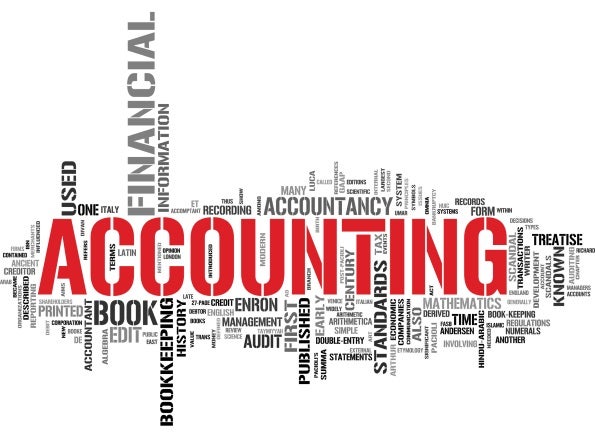Feeling the weight of the April 15 tax deadline yet? Or rather April 18 because Emancipation Day—a national holiday—falls on April 15 this year. The amount of stress-fueled scrambling to meet that tax deadline differs for just about every small business, but one year-round tool can make it a whole lot easier: good small business accounting software.
Maybe you always meant to research small business accounting software options and just never got around to it. Maybe your company has outgrown its current accounting software, and now you need something better. Or perhaps you haven’t checked on accounting software in a while, so you have no idea what’s changed and what’s new. Whatever your situation, this quick guide will help you find the right small business accounting software for your needs.
Small Business Accounting Software Versus Finance Software
First, it’s important to note that not all software marketed as accounting software actually does accounting. Software that does not satisfy all accounting functions is finance software—not accounting software. It handles one or more finance functions such as invoicing, banking, expense accounts, or payroll.
Some finance software plays well with other finance software, but it’s a mistake to assume that any of it integrates well with anything else. You’ll have to research the necessary integration APIs to figure that out. If you cobble together several finance apps into a larger, integrated accounting software package, you’re probably making a mistake because the patchwork won’t do everything you need.
Play it smart: invest in a true accounting software package that integrates with your favorite apps rather than trying to work with a loose collection of finance apps.
For most small businesses, it’s better to choose accounting software based on its own merits rather than according to which product works with the finance apps you already use. Why? For one thing, truly good small business accounting software already integrates with the most popular SMB apps—from finance software to CRM and ERP systems. After you narrow down your choices, you can always check to see if they support your favorite finance apps.
However, finance app makers do have an insider perspective, and they can sometimes offer unique insight on how accounting software is changing. Case in point:
“Intuit’s QuickBooks, which was long relegated to a legacy desktop-only interface, has embraced the cloud with QuickBooks Online and brought to bear the design talent it acquired in the purchase of Mint,” said Ed Buchholz, CEO of ExpenseBot. “Intuit’s made incredible strides over the last year in increasing application usability and aesthetic appearance, spurring even quicker growth in cloud-based accounting market share,” he said.
Buchholz added that the changes might have come as a result of pressure from Xero, which he said offers “a beautiful interface and had the luxury of being a Web-based product from day one without the baggage of desktop installs.” Other competing companies, like FreeAgent and Freshbooks, have what Buchholz called “a design-focus to their market entrants, and they’ve set the standard for business-meets-consumer application user experiences.”
The Small Business Accounting Software Feature Test
The first step in evaluating accounting software is to check and compare features against competing products.
“You can now choose from a whole host of cloud-based accounting applications, and it’s important to consider company size, available features, integrations, and price when deciding on a solution,” said Suzie Blaszkiewicz, research analyst and content editor at GetApp, a Gartner website that helps businesses compare small business accounting software.
“At a minimum, look for something that offers billing and invoicing, financial reporting, expense tracking, and real-time account consolidation,” said Blaszkiewicz. “Beyond that, integrations with banks and the ability to access data from a mobile device are additional features to consider.”
Another must-have feature: analytics. Look for small business accounting software that provides a dashboard with easy-to-read visuals that show you everything about the financial health and standing of your company. The InDinero product demo is a good example of how analytics can help you stay in the black. Several accounting software packages offer analytics, but some are more useful than others. Be sure to look at those capabilities before you select a product.


